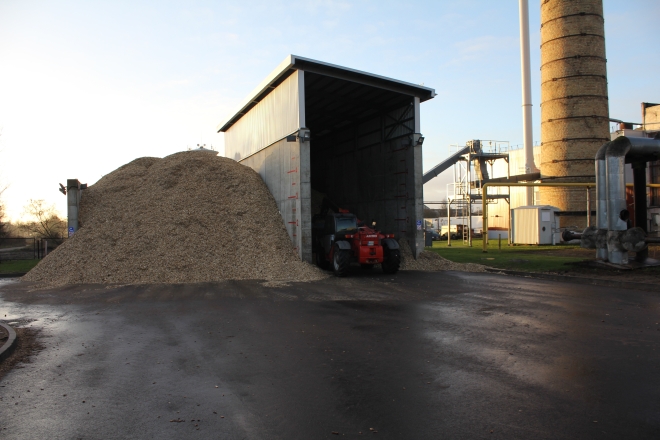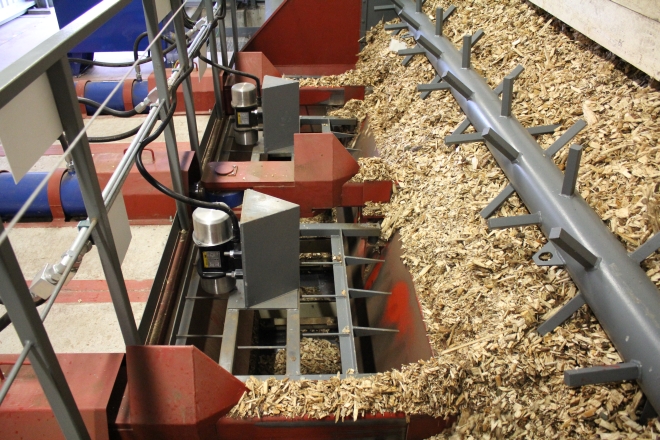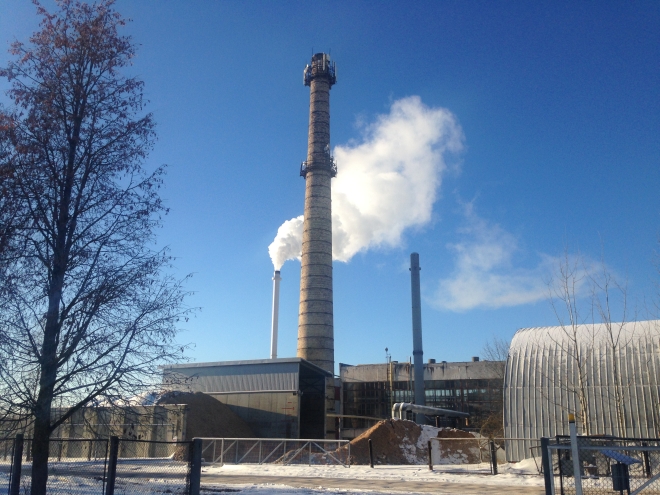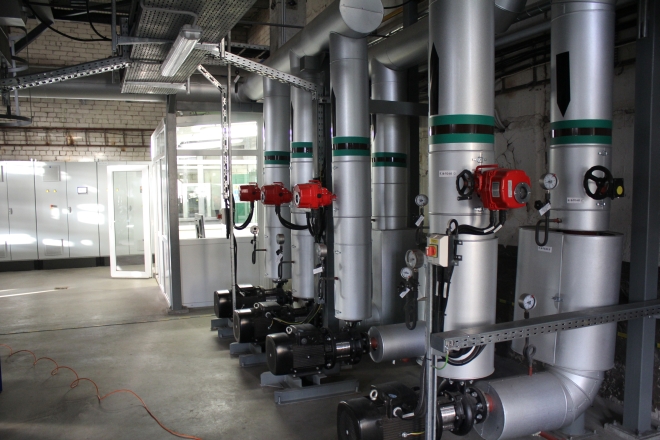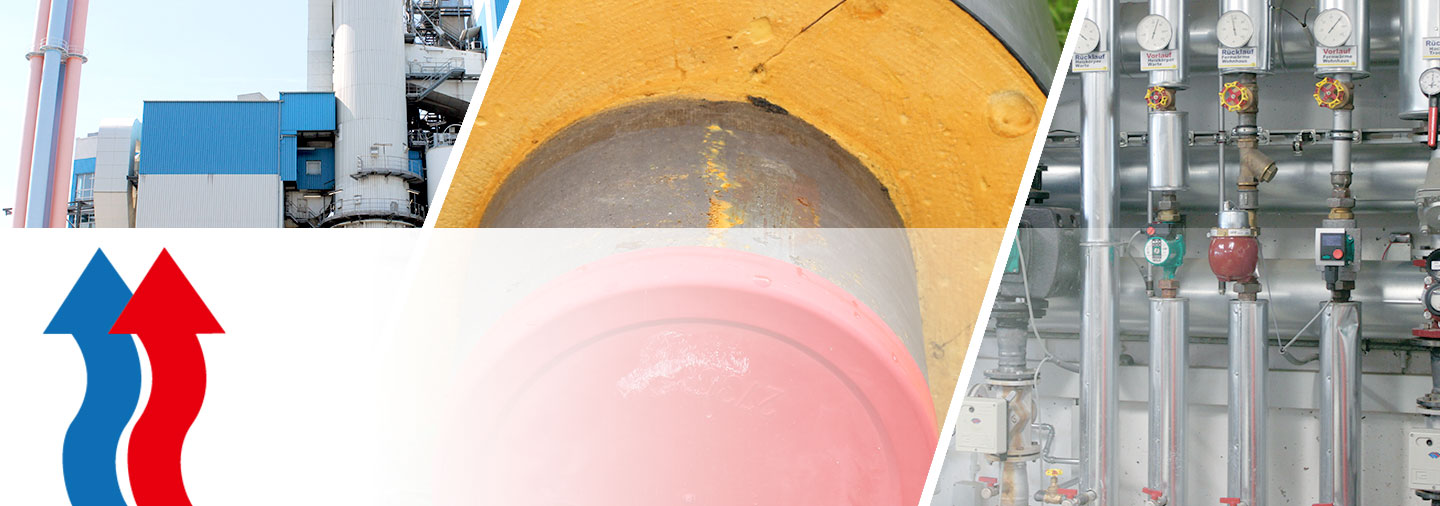

News & Veranstaltungen
WS 7, Sitzung 3: Wie sollte die EU-Bioökonomiestrategie und ihre bevorstehende Überprüfung Herausforderungen im Zusammenhang mit bioökonomischen Kompromissen angehen?
WS7, Sitzung 2: Biomassenutzung und Ernährungssicherheit: Synergien und Herausforderungen
WS7, Session 1: Ausbalancierung sozioökonomischer und ökologischer Ziele: Indikatoren, Werkzeuge und praktische Einblicke
WS6, Session 3: Governance von regionalen biobasierten Systemen
WS6, Session 2: Governance von regionalen biobasierten Systemen
WS6, Session 1: Governance von regionalen biobasierten Systemen
WS5, Sitzung 3 - Soziale Innovationen in ländlichen Gebieten: Neugestaltung des Ernährungssystems durch soziale Innovationen
WS5, Sitzung 2 - Soziale Innovationen in ländlichen Gebieten: Förderung neuer kollaborativer Ansätze zur Stärkung sozialer Innovationen
WS5, Sitzung 1 - Soziale Innovationen in ländlichen Gebieten: Förderung des Wachstums in ländlichen Gemeinden durch soziale Innovationen - Politiken, Konzepte und Treiber
EVENTS: Workshop-Scaling Biofuels Into Thermochemical Futures
WS 1, Sitzung 3 - Innovative Anwendungen von bio-basierten Düngemitteln in der modernen Landwirtschaft
WS 1, Sitzung 2 - Schließen des Kreislaufs: Wertketten für die Nährstoffrecycling und Optimierung der Logistik
WS 1, Sitzung 1 - Einführung und Haupt-Recyclingwege: Kompostierung und Verdauung
WS 3, Session 3 - Digitalisierung in der Bioökonomie - Zukünftige Trends und Innovationen in der digitalen Bioökonomie
WS 3, Session 2 - Digitalisierung in der Bioökonomie - Anwendungen der Digitalisierung in der Bioökonomie
WS 3, Session 1 - Digitalisierung in der Bioökonomie - Einführung in die Digitalisierung in der Bioökonomie
WS 2, Sitzung 3 - Integration von Primärerzeugern in biobasierte Wertschöpfungsketten: Innovationen und Herausforderungen bei der Produktion und Mobilisierung von Biomasse
WS 2, Sitzung 2 - Integration von Primärerzeugern in biobasierte Wertschöpfungsketten: Wertschöpfungsketten und Märkte -Verbindung von Erzeugern und Interessenvertretern
WS 2, Sitzung 1 - Integration von Primärerzeugern in biobasierte Wertschöpfungsketten: Produktion von Biomasse durch Land- und Forstwirte
SCALE-UP Project Study Tour Unveils Potential in Strumica, North Macedonia
Salcininkai, Lithuania
Salcininkai region is located in the south-eastern part of Lithuania, at the border with Belarus. The total area of Salcininkai region is 1,419.4 km2. According to the data received in 2018 there are 428 small and average companies in Salcininkai region. Salcininkai city is located 45 km from Vilnius, capital of Lithuania. The city has around 7,000 inhabitants.
Salcininku silumos tinklai, Ltd. is the supplier of the district heating system in Salcininkai and is in charge of providing heat energy supply to households, state authorities and businesses in city and within the district. Salcininku silumos tinklai, Ltd. is founded in 2000 and is 100% owned by the Regional Municipality. The installed heat production capacity is 54.04 MW, the amount of heat supplied to DH networks in 2017 was 39.2 GWh, consumption –29.5 GWh. About 2,200 consumers are connected to the DH network, 97 proc. of consumers are inhabitants who live in multistory buildings. The company involves more than 70 employees.
The main fuel used for DH production is woodchips with 74%, the fossil fuels is around 14.4% and other wood fuels - 11.6 %. In the Salcininkai region the heat is transmitted to the consumers through 18.7 km long pipeline, which was constructed mostly during the 1980-1990 period and their age is around 20-30 years old. Thermal isolation is made according to old soviet building norms and it is the reason for the big heat losses in the network. The heat losses of the network in 2017 were 24 % from the total produced heat.
Specific challenges of DH system are:
- The technical condition of the district heating networks is poor and needs improvement. In the city network, a significant part of the damages is caused by the external corrosion of pipes. The main factors, which have an effect on the damages in district heating networks, are the age of networks, the quality of construction works and the network operation conditions.
- Lack of investment;
- The unsatisfactory condition of DH networks and unreliable heat supply can place doubt on the future of district heating and consumers can make a choice towards an alternative heat supplier. Therefore, Upgrade DH project can help to initiate the upgrading process of this old DH network.
Current plans and ideas for the upgrading of the existing DH network
The scale of damages can be diminished by reducing the average age of the networks. This is possible by replacing old pipelines and other network system elements. The unsatisfactory condition of DH networks and unreliable heat supply can place doubt on the future of district heating and consumers can make a choice towards an alternative heat supplier.









